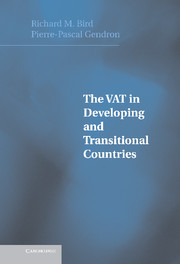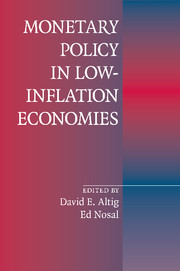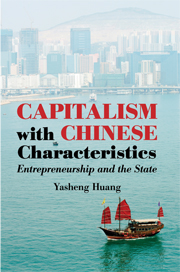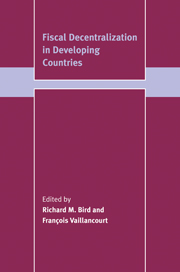The VAT in Developing and Transitional Countries
Value-added tax (VAT) dominates tax systems around the world. But should every country have a VAT? Is VAT always as good as it could be in economic, equity and administrative terms? In developing and transitional countries the answers to such questions are critical to stability, growth and development. VAT is a critical fiscal tool in most countries. But VAT can sometimes be better designed and almost always better administered. The key questions that must be answered in designing and implementing VAT are essentially the same in all countries. But different tax designs may best suit different countries facing different circumstances. This book reviews experiences with VATs around the world and assesses how the choice of particular design features may affect outcomes in particular contexts.
- Comprehensive treatment of the major aspects of the most important tax in most developing and transitional countries
- Based both on a thorough review of the literature and the extensive field experience of the authors
- Clearly written in non-technical language with many real-world illustrations
Reviews & endorsements
"The VAT in Developing and Transitional Countries... provides a readable, comprehensive, and thoughtful summary of the critical issues related to adopting and operating the value added tax (VAT) in developing and transitional economies.... [It] is a valuable addition to the library of anyone interested in tax design, public administration, or development in general." - Finance and Development
"This is a rich and elegant book on a rich and (if we are to understand it properly) inelegant topic. So quiet (in terms of its research impact) and so complete has been the success of the VAT that some revisionism is long overdue. That is not what this book provides, and indeed there is more here of comfort to the conventional view than the opposite. But it does set out some key issues and challenges in what remains a largely untrodden area. Perhaps the VAT is finally starting to get the attention it deserves." - Michael Keen, International Monetary Fund, Journal of Economic Literature
Product details
September 2007Hardback
9780521877657
278 pages
229 × 152 × 19 mm
0.58kg
26 tables
Available
Table of Contents
- 1. Why this book?
- 2. The rise of VAT
- 3. Is VAT always the answer?
- 4. Trade and revenue
- 5. Equity and the informal sector
- 6. What should be taxed?
- 7. Key issues in VAT design
- 8. New issues in VAT design
- 9. Administering VAT
- 10. Dealing with difficulties
- 11. The political economy of VAT
- 12. Where do we go from here?








